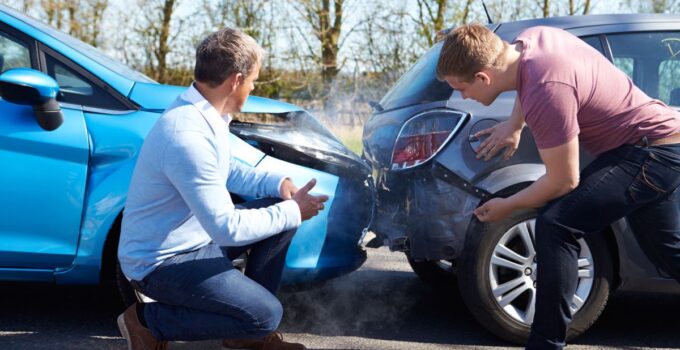Car accidents can be stressful and disorienting, and what you say immediately afterward can have long-lasting consequences. Should you admit fault at the scene? While your instincts may be to apologize, doing so could impact your insurance claim and legal liability. Here are 18 essential points to help you navigate this tricky situation and protect your legal interests.
1. Do Not Admit Fault at the Scene
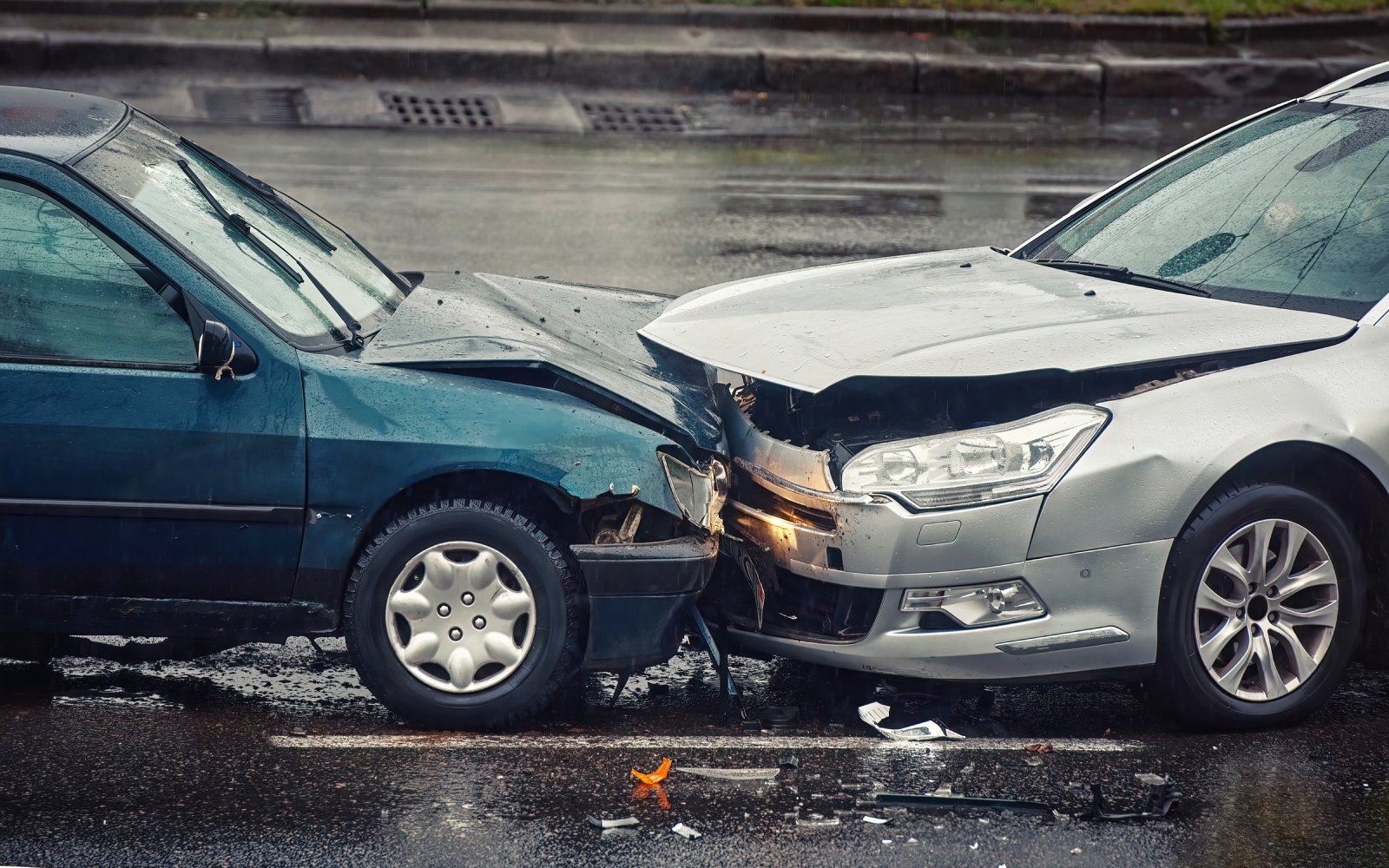
Image Credit: Shutterstock / Tricky_Shark
Even if you believe you caused the accident, never admit fault at the scene. Admitting fault can be used against you by the other party’s insurance company, and it could affect the outcome of your insurance claim. Leave it to the insurance companies and law enforcement to determine liability.
2. Stick to the Facts
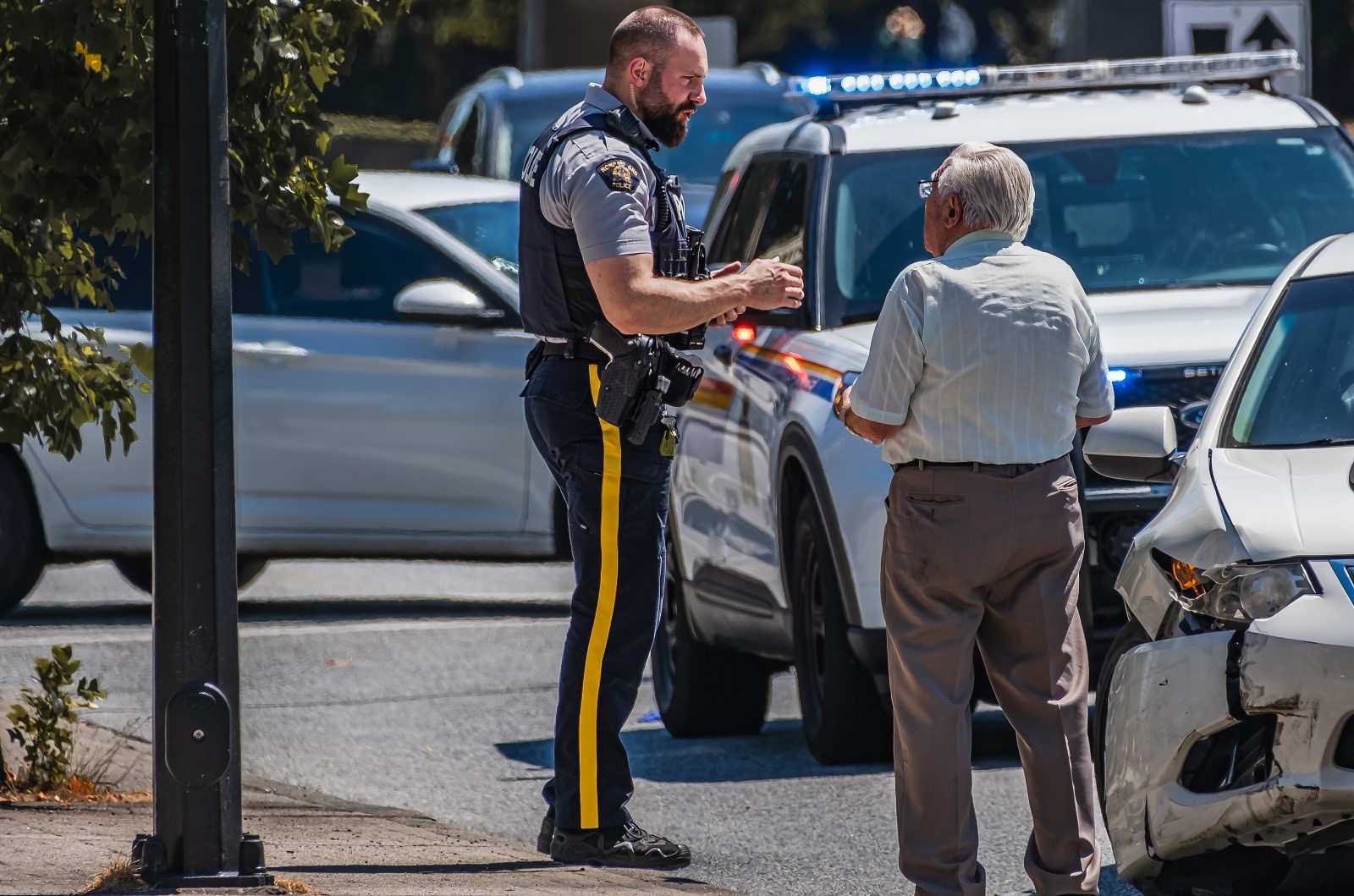
Image Credit: Shutterstock / Elena_Alex_Ferns
When speaking with police, the other driver, or witnesses, stick to the facts about what happened. Avoid making speculative statements, such as “I didn’t see the light change” or “I wasn’t paying attention.” Stick to describing the events as you experienced them, without guessing or assuming blame.
3. Don’t Apologize

Image Credit: Shutterstock / Ground Picture
While it’s natural to want to apologize after an accident, saying “sorry” can be interpreted as admitting fault. Even a simple apology can be taken as an admission of liability, which can complicate your case. Instead, focus on ensuring everyone is safe and exchanging information.
4. Exchange Information Without Commentary
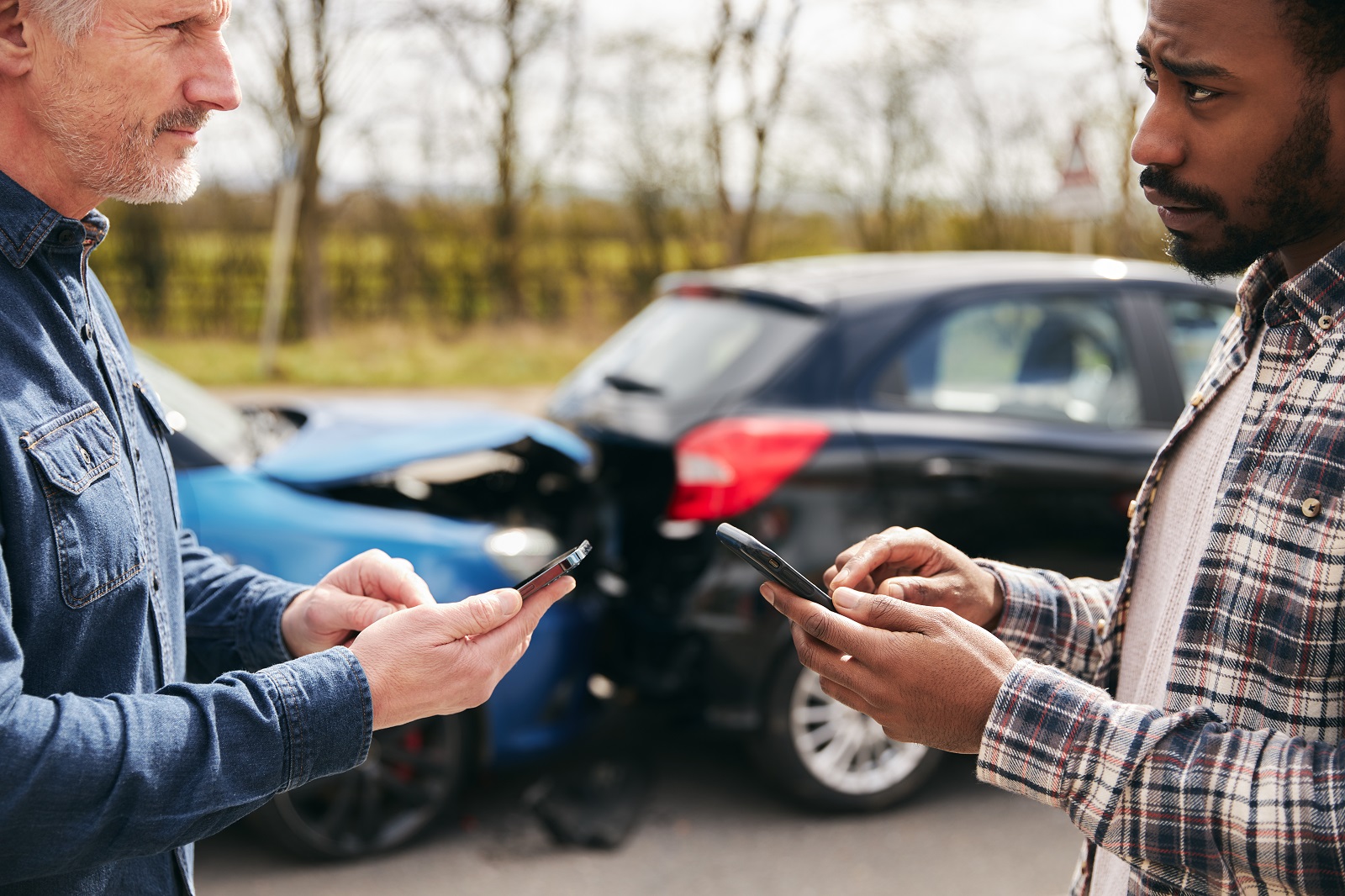
Image Credit: Shutterstock / Southworks
When exchanging information with the other driver, stick to the necessary details like names, contact information, insurance policy numbers, and license plate numbers. Avoid discussing how the accident happened or who may be at fault. The less said, the better.
5. Let the Police Determine Fault

Image Credit: Shutterstock / Ground Picture
If the police are called to the scene, they will take statements from both drivers and any witnesses. Let them do their job and refrain from speculating about who is at fault. The police report will be an essential document for your insurance claim, and it’s better if it is impartial.
6. State Laws Vary on Fault Determination

Image Credit: Shutterstock / NEFLO PHOTO
It’s important to understand that different states have different rules regarding fault in car accidents. In no-fault states like Florida, each driver’s insurance covers their damages regardless of who caused the accident. In other states, liability is based on who is found at fault. Familiarize yourself with your state’s laws to better understand how fault is determined.
7. Be Mindful of What You Say to Insurers
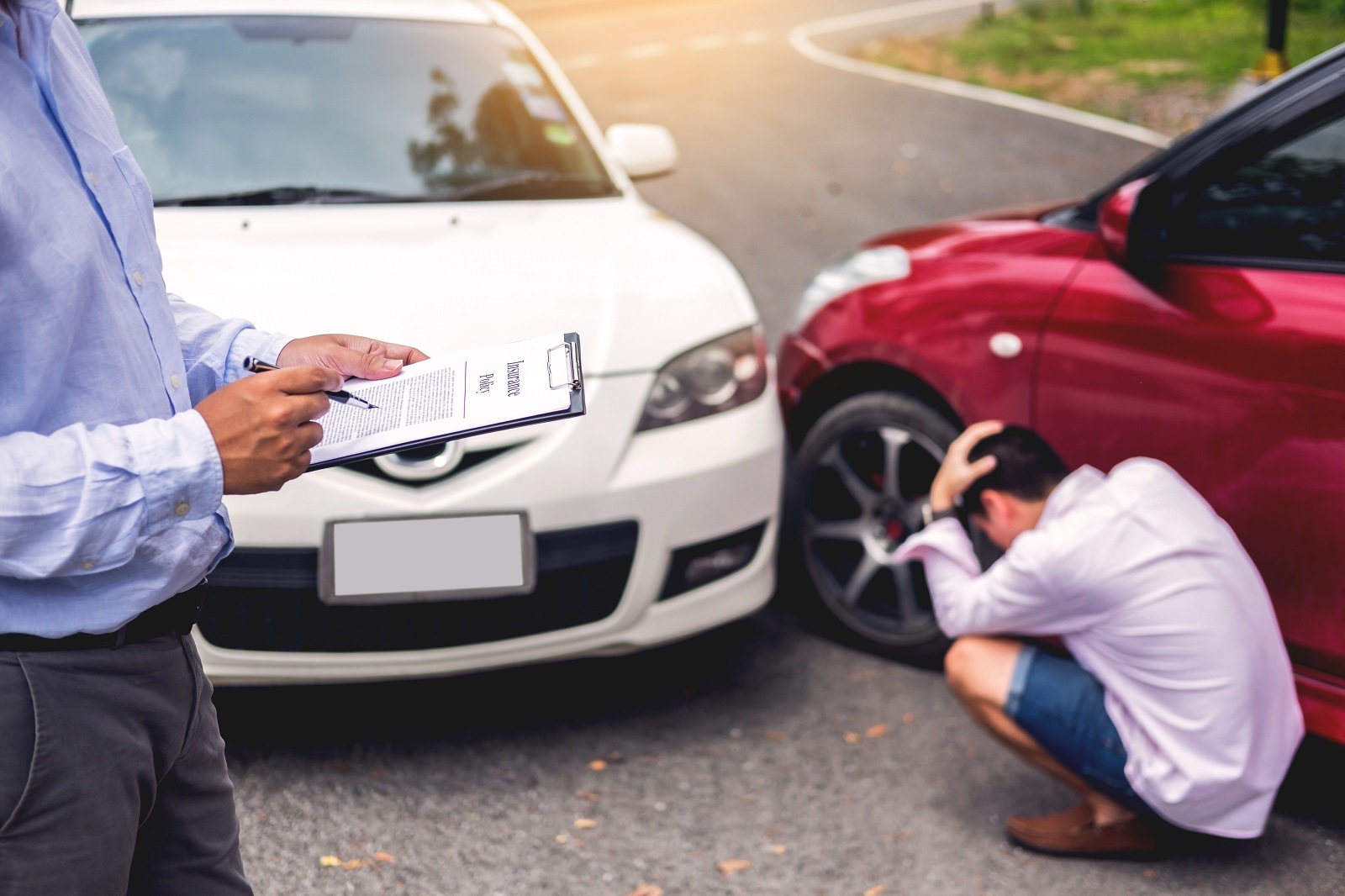
Image Credit: Shutterstock / Indypendenz
When you report the accident to your insurance company, stick to the facts and avoid admitting fault. Insurance adjusters will conduct their investigation, and anything you say about liability could impact your claim. Let them gather the evidence and determine who is at fault.
8. Avoid Discussing the Accident on Social Media

Image Credit: Shutterstock / New Africa
In the aftermath of an accident, you might be tempted to post about it on social media. However, anything you post can be used against you by insurance companies or in a potential lawsuit. It’s best to avoid discussing the details of the accident online altogether.
9. Collect Evidence at the Scene
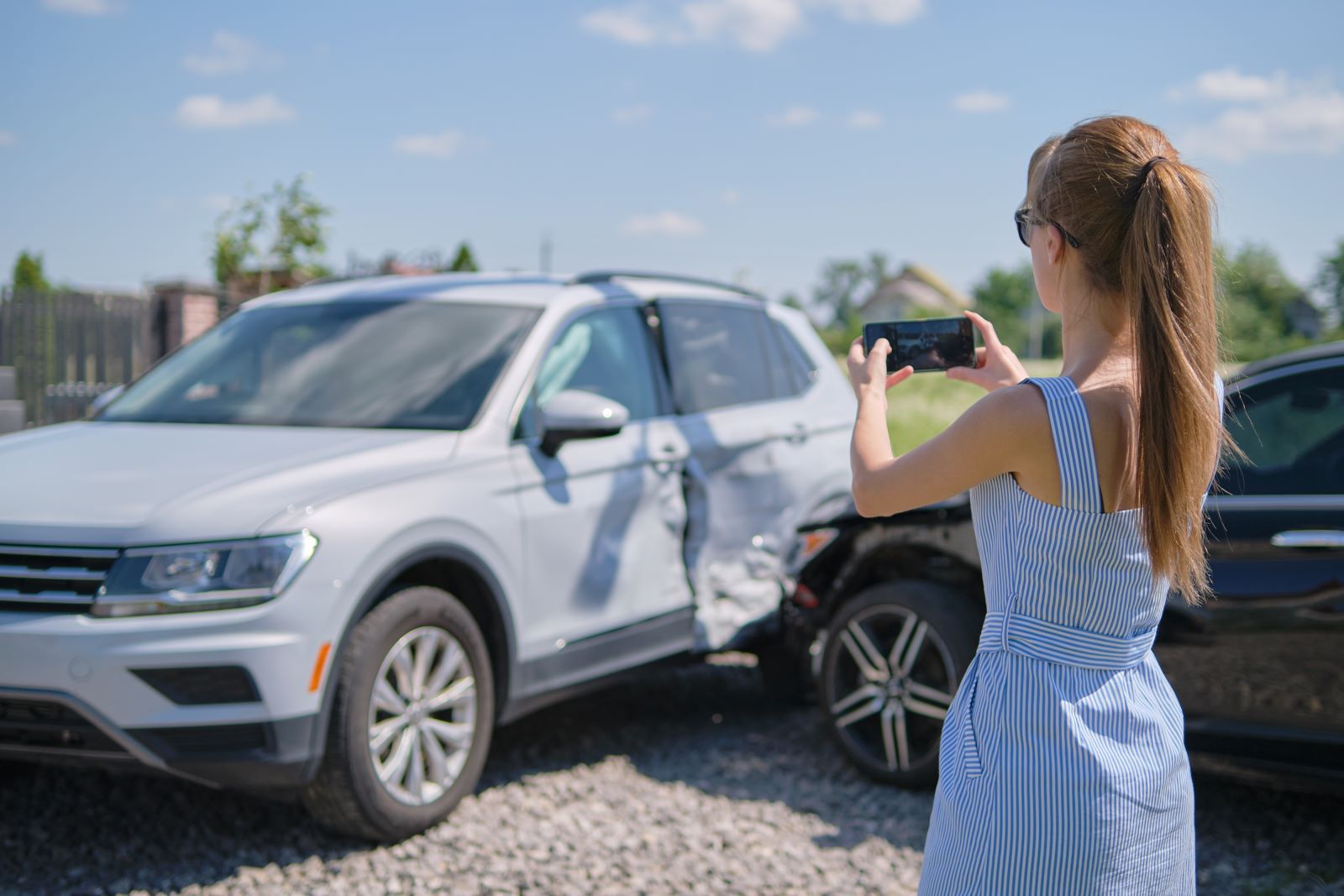
Image Credit: Shutterstock / Bilanol
Take photos of the accident scene, vehicle damage, and any injuries. This evidence can be crucial in determining what actually happened and can help protect you if the other driver tries to blame you for the accident.
10. Witness Statements Can Be Critical

Image Credit: Shutterstock / Ground Picture
If there are witnesses to the accident, ask for their contact information. Witness statements can play a crucial role in determining fault and may support your version of events. Avoid discussing fault with witnesses, though; simply collect their information.
11. Know That Fault Can Be Shared

Image Credit: Shutterstock / PattyPhoto
In many states, fault can be shared between drivers. This concept is known as “comparative negligence.” For example, if you’re found to be 20% at fault for the accident and the other driver is 80% at fault, your damages may be reduced by your percentage of fault. Admitting fault can skew this percentage against you.
12. Consult with an Attorney Before Admitting Fault
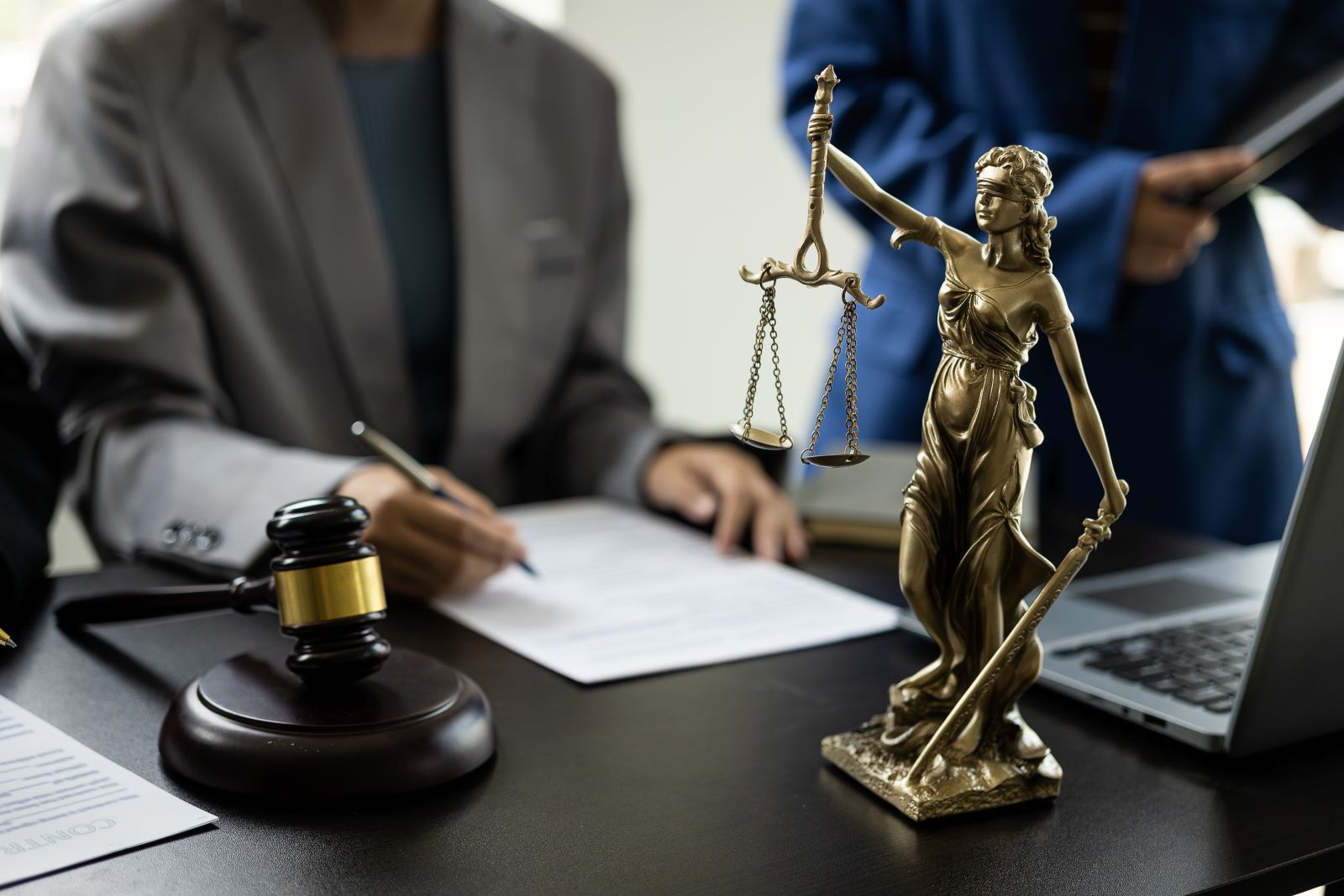
Image Credit: Shutterstock / Mr. Ashi. Sae Yang
If you’re unsure about how to handle the situation, consult with an attorney before making any statements to the insurance company or other parties. An attorney can guide you through the process and ensure you don’t inadvertently admit fault.
13. Review the Police Report Carefully
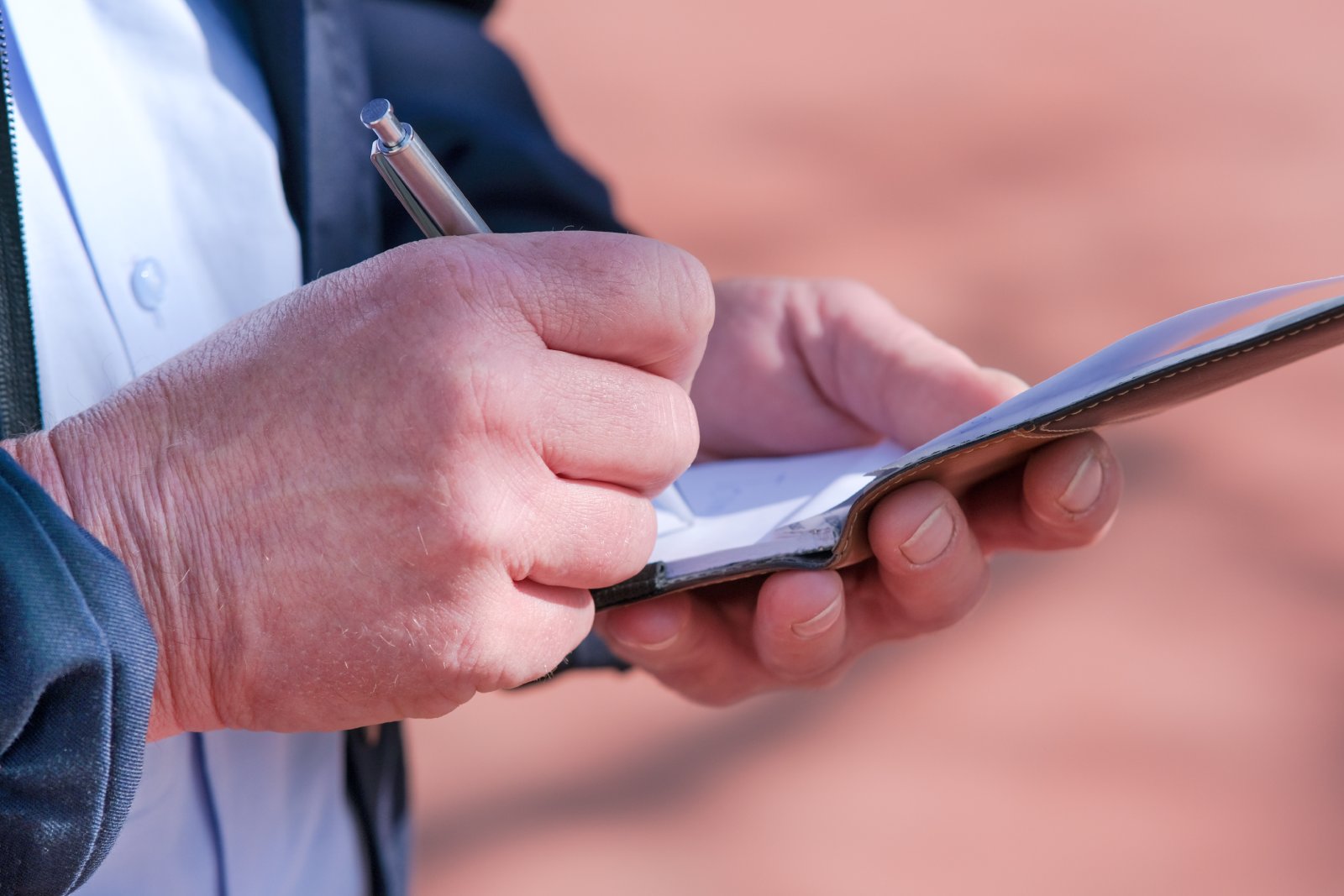
Image Credit: Shutterstock / Redaktion93
Once the police report is filed, review it carefully for any inaccuracies. If the report suggests that you’re at fault and you disagree, you may need to provide additional evidence to your insurer or contest the report. Inaccuracies can affect your claim and potential liability.
14. Understand the Role of Traffic Violations

Image Credit: Shutterstock / Motortion Films
If you receive a traffic ticket at the scene, it doesn’t necessarily mean you’re at fault for the accident. However, it can influence the insurance company’s determination. Be cautious when discussing the ticket with insurers, and consider challenging it in court if you believe it’s unjustified.
15. Fault Admissions Can Lead to Lawsuits
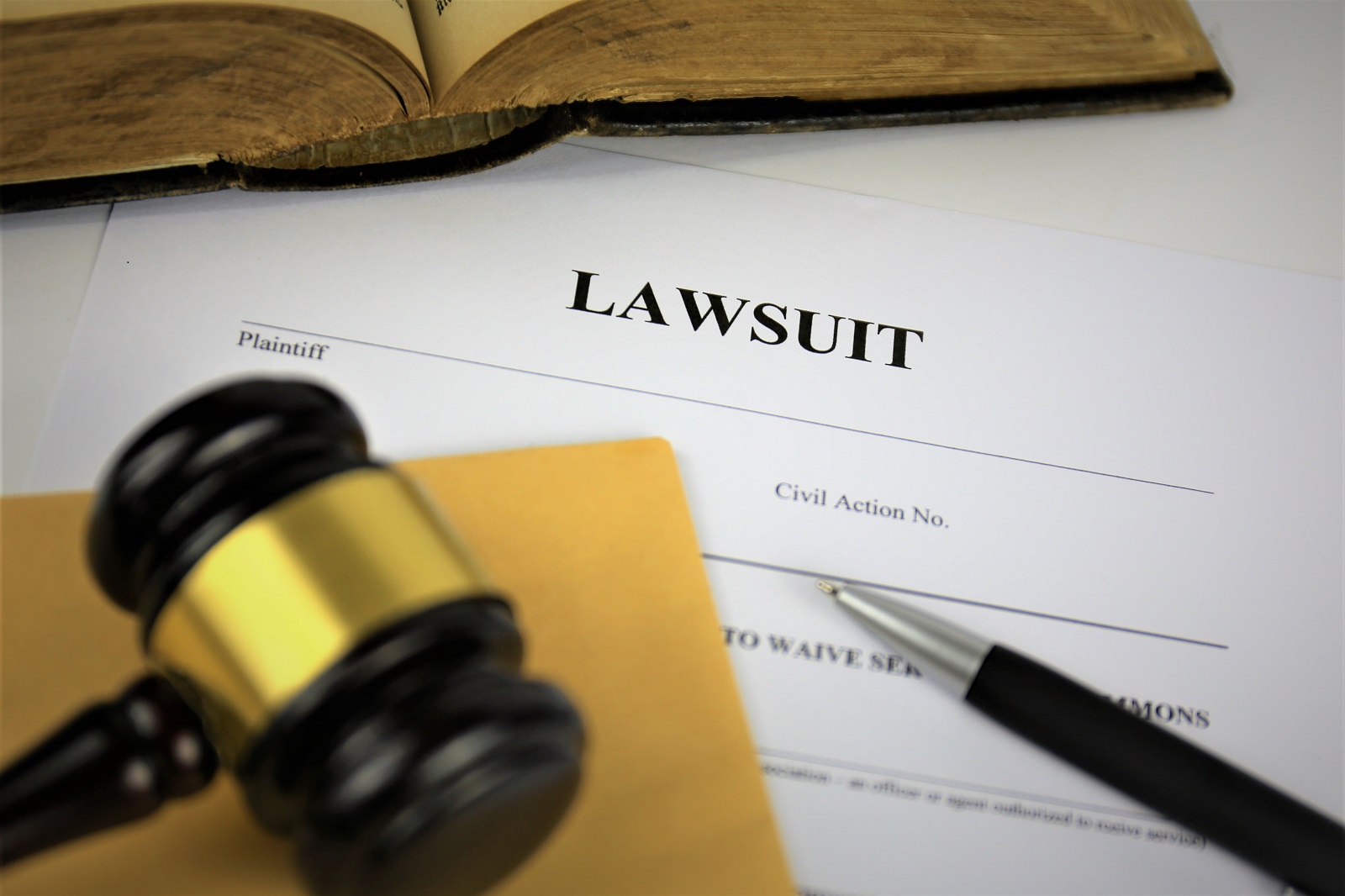
Image Credit: Shutterstock / Ulf Wittrock
Admitting fault can open you up to legal liability and potential lawsuits from the other driver. If the other driver decides to sue for damages, your admission of fault could be used as evidence against you in court. It’s always best to avoid making statements about fault until all evidence is reviewed.
16. Insurers Will Conduct Their Own Investigation
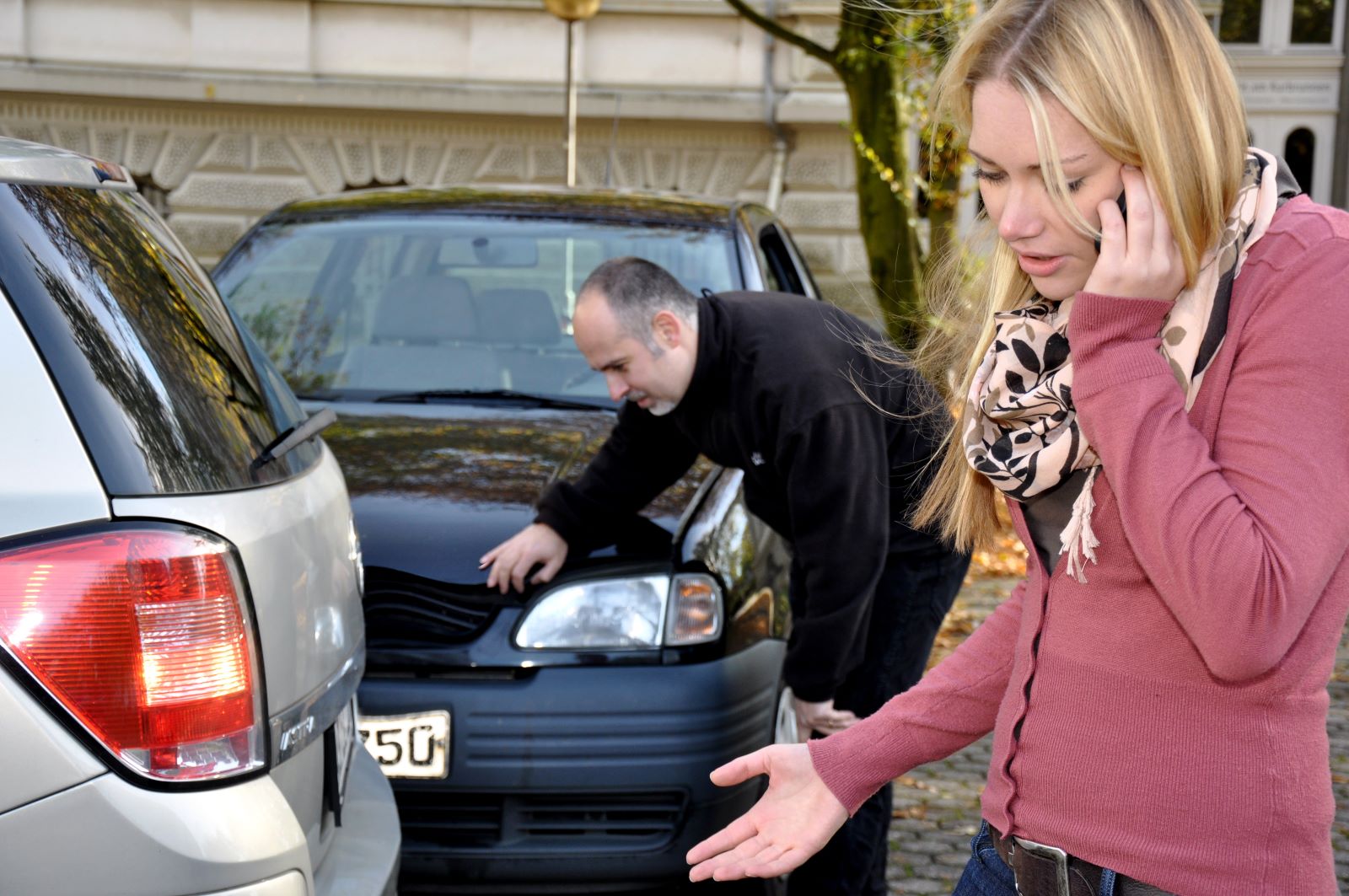
Image Credit: Shutterstock / Dan Race
Remember that insurance companies will conduct their own investigation into the accident. They will review the police report, speak with witnesses, and assess the damage. Let the professionals handle determining fault; your job is to provide the facts as accurately as possible.
17. Consider the Impact on Your Premiums
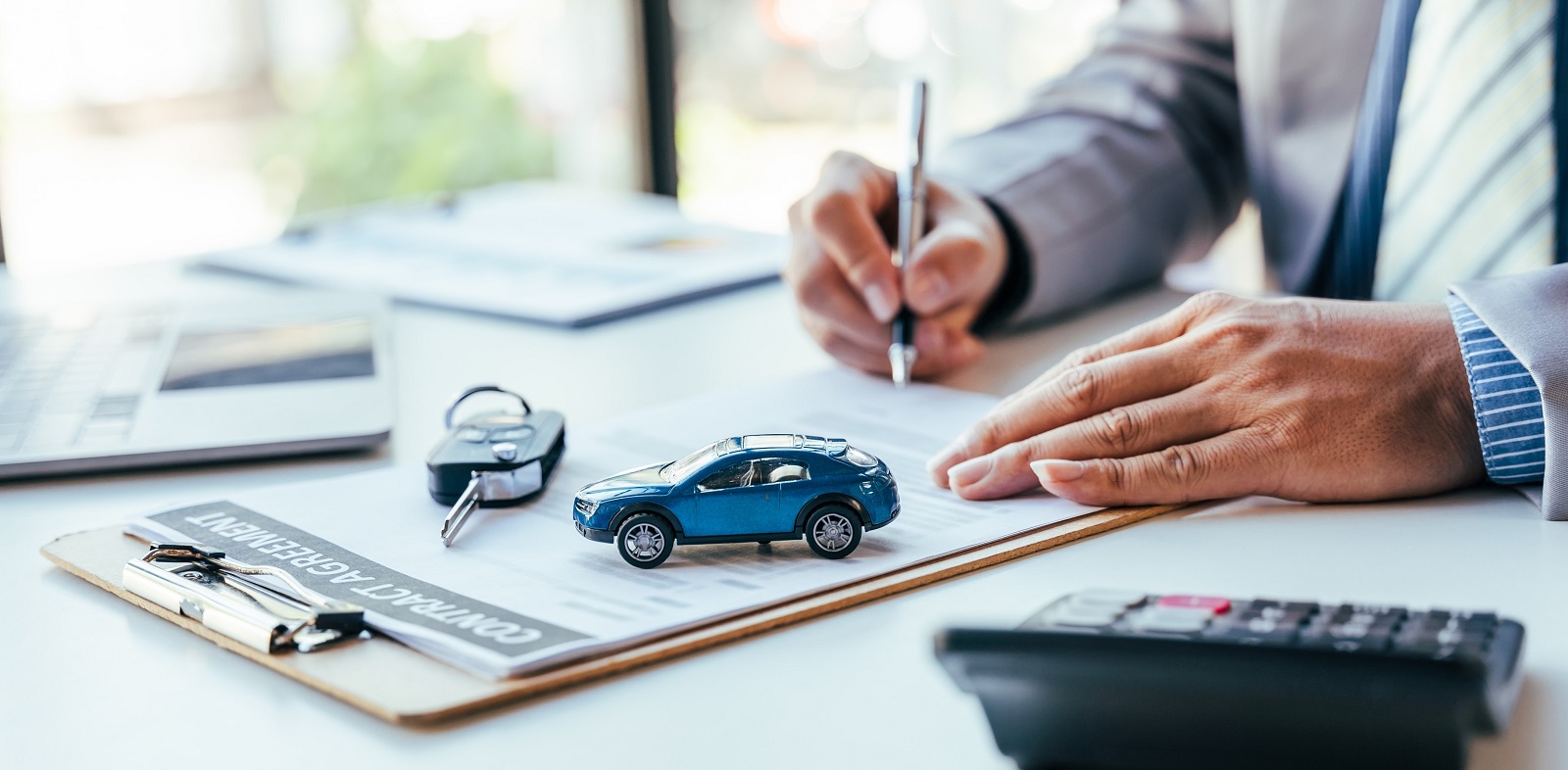
Image Credit: Shutterstock / PanuShot
Admitting fault can directly impact your insurance premiums. If you’re found liable for the accident, your insurer may increase your rates significantly. This is another reason to be cautious about what you say and to let the evidence speak for itself.
18. Focus on Safety First
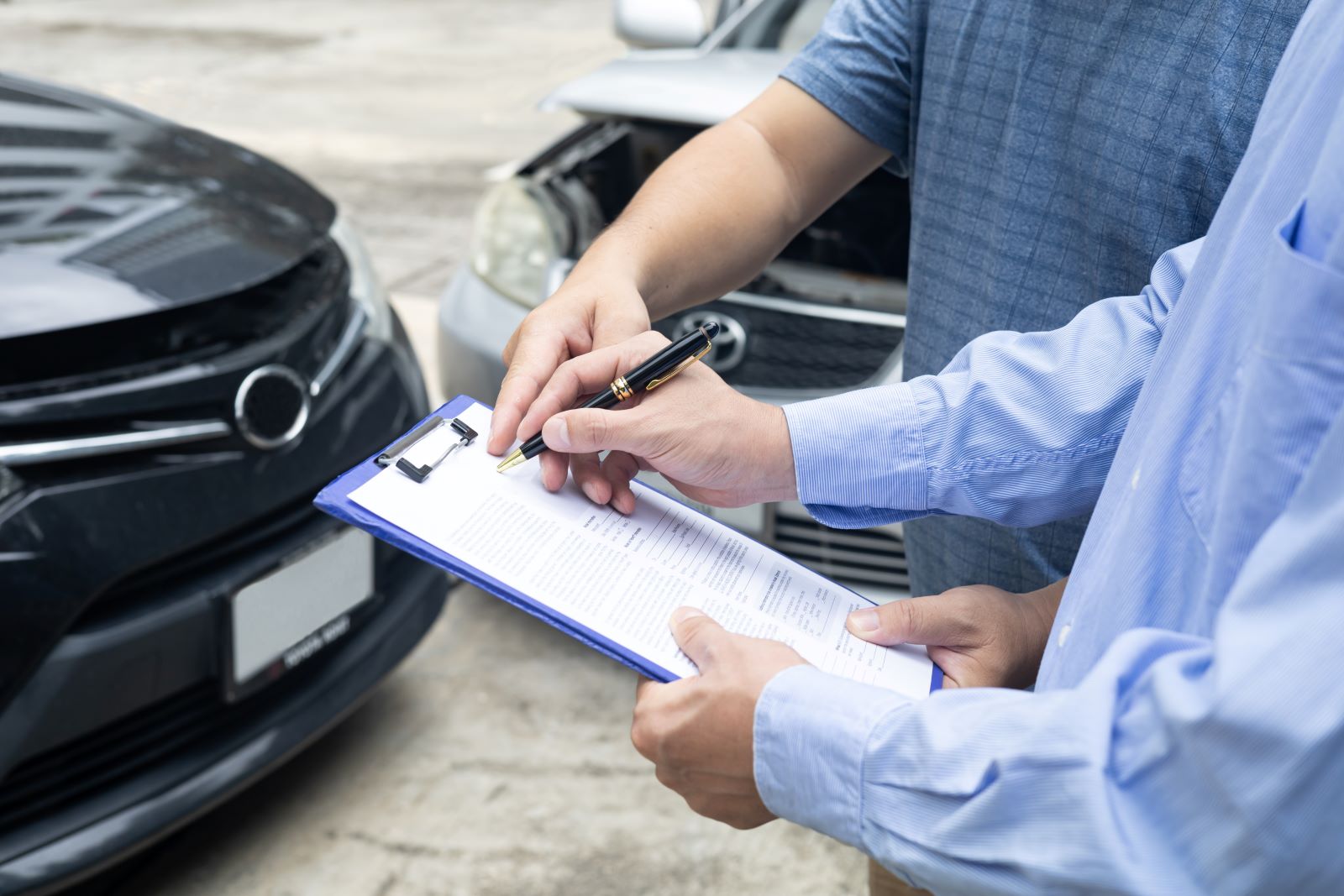
Image Credit: Shutterstock / DreamHomeStudio
In the immediate aftermath of an accident, your priority should be ensuring that everyone is safe and that help is on the way. Don’t let the stress of the situation cause you to say something that could be used against you later. Focus on safety first, and worry about fault later.
Protect Yourself by Staying Silent

Image Credit: Shutterstock / Ground Picture
In the moments following a car accident, it’s natural to want to explain what happened or even apologize. However, admitting fault can have serious legal and financial consequences. Protect yourself by sticking to the facts, avoiding discussions of fault, and letting the professionals determine liability. Are you prepared to protect your rights after an accident?
Police Magnet: 7 Cars That Guarantee You’ll Get Pulled Over
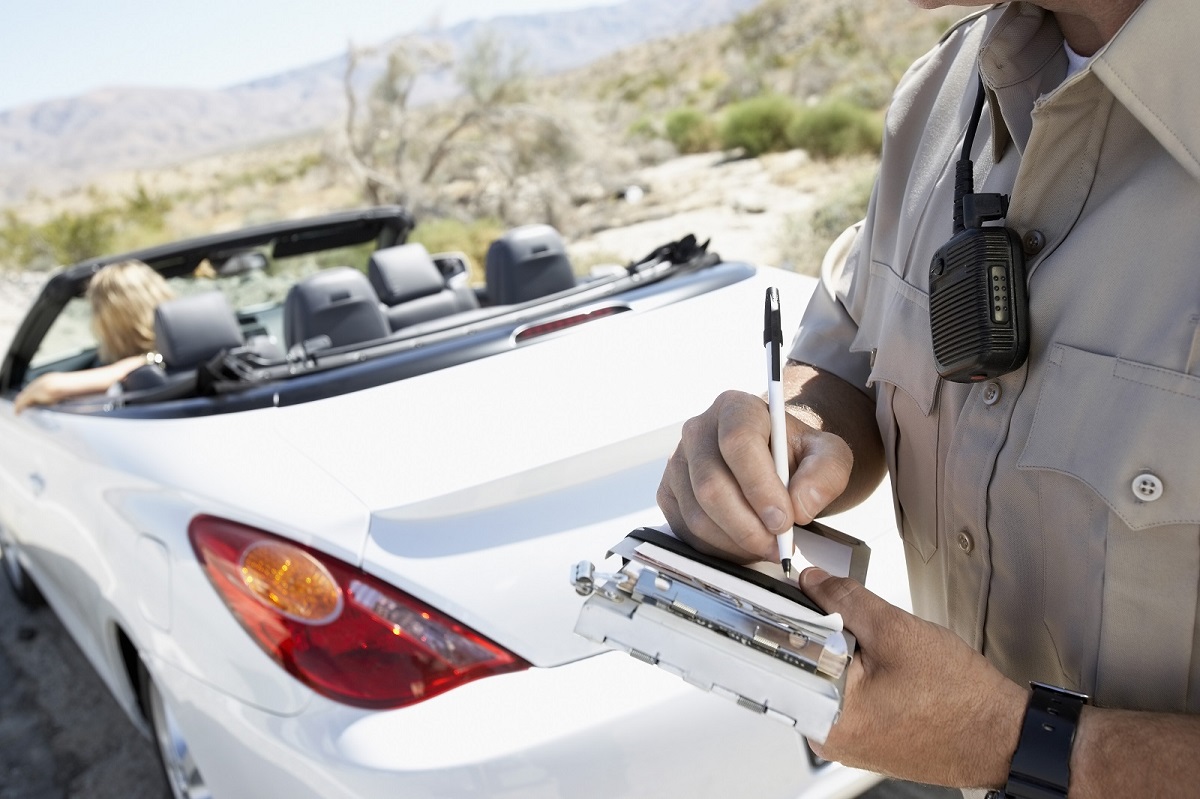
Image Credit: Shutterstock / sirtravelalot
Driving certain cars can make you more noticeable to law enforcement, even if you’re abiding by all the rules. Are you driving one of these “police magnets”? Here are seven cars that seem to attract more police attention than others. Police Magnet: 7 Cars That Guarantee You’ll Get Pulled Over
The Classic Cars That Were Total Clunkers

Image Credit: Pexels / Pixabay
Nostalgia has a funny way of making the past seem better than it was, especially when it comes to cars. But here’s the hard truth: some of those “classic” cars your dad raves about were real clunkers. Here’s a closer look at why some of those so-called “classics” weren’t all they were cracked up to be. The Classic Cars That Were Total Clunkers
The Worst U.S. Cars Ever Made: A Retro List
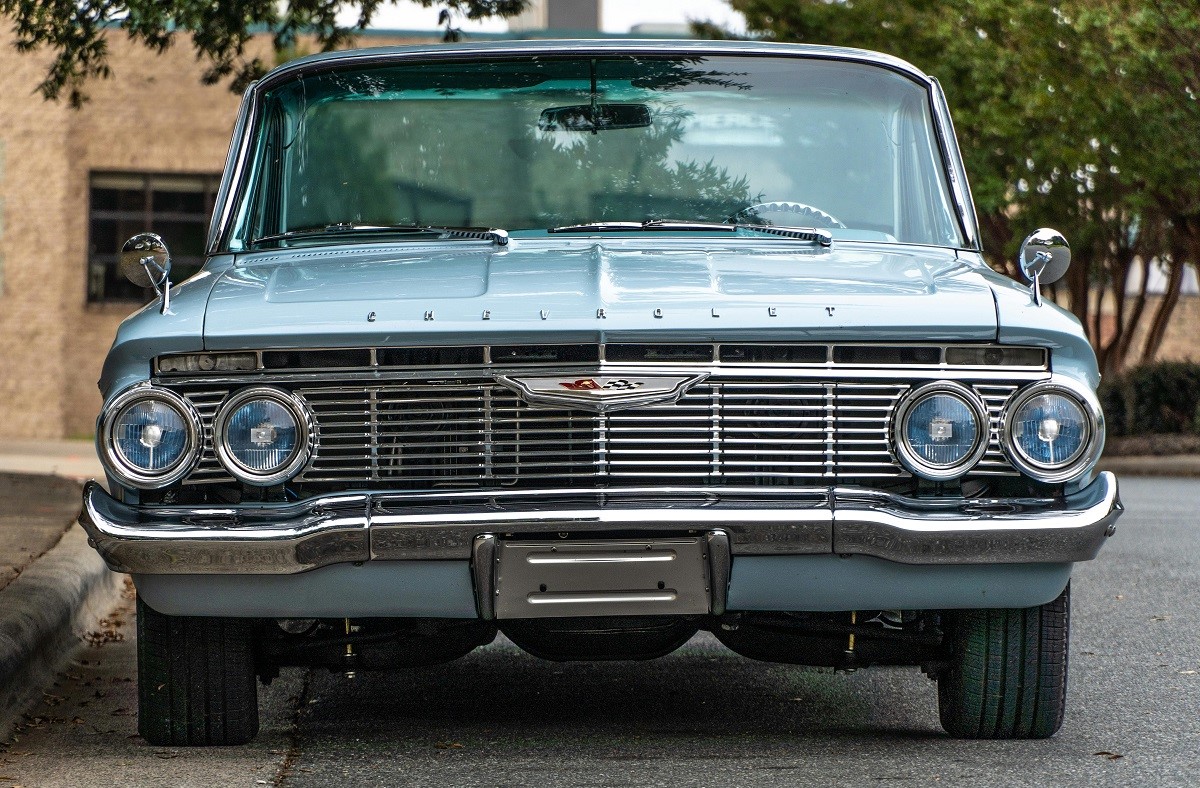
Image Credit: Pexels / Be The Observer
The U.S. auto industry has produced some incredible vehicles, but not every model was a hit. Here’s a look back at 16 of the worst cars ever made in the U.S., each infamous for its own unique flaws. The Worst U.S. Cars Ever Made: A Retro List
Featured Image Credit: Shutterstock / Monkey Business Images.
The content of this article is for informational purposes only and does not constitute or replace professional advice.
The images used are for illustrative purposes only and may not represent the actual people or places mentioned in the article.
For transparency, this content was partly developed with AI assistance and carefully curated by an experienced editor to be informative and ensure accuracy.
